Understanding Documents Involved in End of Life Planning

Preparing for end of life decisions requires more than emotional readiness. It demands clear, legally sound documentation that outlines an individual’s wishes regarding health, finances, and final arrangements. For families considering cremation services in Jordan, MN, the right paperwork ensures these choices are honored with dignity and care. This article offers an in-depth look at the essential documents involved in end of life planning and why each one plays a vital role in protecting both the individual and their loved ones.
The Importance of Legal Preparation
When someone passes away without the proper legal groundwork, families are often left navigating a maze of uncertainty. From handling medical decisions to distributing property, the absence of documentation can lead to confusion, conflict, and costly delays. End of life planning is not solely about making things easier; it is about protecting autonomy and reducing emotional burden for surviving family members.
1. Last Will and Testament
The most well-known component of end of life planning, a last will and testament, serves as a legal declaration of an individual's wishes regarding the distribution of their assets. It can also designate guardians for minor children and name an executor to oversee the estate's resolution. Without a valid will, state law determines how assets are distributed, which may not align with the decedent’s intentions.
Key Functions:
- Distributes personal property, finances, and real estate
- Names beneficiaries and guardians
- Assigns an executor to carry out the will
2. Living Will
Often confused with a last will, a living will focuses on medical care. It states preferences regarding life-sustaining treatments if the individual becomes incapacitated. This document is particularly important when families must make difficult decisions during medical crises, such as whether to administer CPR, use a ventilator, or initiate tube feeding.
Common Directives Include:
- Instructions on resuscitation
- Pain management guidelines
- Preferences for organ donation
3. Durable Power of Attorney for Health Care
This document allows a person to appoint a healthcare agent to make medical decisions on their behalf if they are unable to do so. While a living will covers specific scenarios, the power of attorney gives broader authority to the agent to respond to situations that may not be addressed in a written directive.
Why It Matters:
- Empowers someone trusted to advocate for healthcare choices
- Bridges the gaps not covered in a living will
- Avoids court-appointed guardianship
4. Durable Power of Attorney for Finances
Just as medical choices need representation, financial matters require attention during incapacity. This document enables someone to manage financial tasks such as paying bills, accessing accounts, and handling investments. Choosing a financial agent ensures that financial obligations are not disrupted during serious illness or after death.
Typical Responsibilities:
- Managing bank accounts and investments
- Overseeing property or business interests
- Filing taxes and handling insurance matters
5. HIPAA Authorization
Privacy laws can prevent even close family members from accessing medical information. A HIPAA (Health Insurance Portability and Accountability Act) authorization permits specific individuals to view and receive protected health information. This is crucial for those named in health care directives to make informed decisions.
6. Revocable Living Trust
For individuals with considerable assets or complex family dynamics, a revocable living trust can simplify the transfer of property. Unlike a will, which must go through probate, a trust enables immediate management and distribution of assets by a designated trustee. This reduces court involvement and maintains privacy.
Advantages:
- Bypasses probate process
- Allows for ongoing asset management if incapacitated
- Can be amended or revoked during lifetime
7. Letter of Instruction
Although not legally binding, this document provides guidance for family members and executors. It often includes funeral and memorial preferences, contact information for legal or financial advisors, and details about bank accounts or digital passwords. A letter of instruction supports smoother execution of the will and trust documents.
8. Pre-Need Funeral and Cremation Arrangements
One area often overlooked in estate planning is the decision regarding funeral or cremation services. Pre-need arrangements allow individuals to select and pay for services in advance, removing the financial and emotional burden from family members. This is especially relevant for families seeking cremation services in Jordan, MN, where clear instructions help ensure the chosen provider follows the deceased's preferences.
Pre-arrangement also locks in current pricing, avoiding inflation-related increases, and allows families to focus on remembrance rather than logistics. These documents typically include information on:
- Preferred funeral home or crematory
- Desired service type (traditional, direct cremation, etc.)
- Obituary content and pallbearer selection
- Memorial donations or religious rites
9. Beneficiary Designations
Assets like life insurance policies, retirement accounts, and payable-on-death bank accounts are not governed by a will. Instead, they pass directly to named beneficiaries. Ensuring these designations are up to date is essential, especially after major life events such as marriage, divorce, or the birth of children.
Considerations:
- Consistency with the will and trust
- Contingent beneficiaries in case the primary cannot accept
- Coordination with estate plans to avoid disputes
10. Digital Estate Planning
Modern lives are increasingly managed online, making digital estate planning more important than ever. A digital estate plan outlines how online accounts, cloud storage, and digital assets should be handled. This can include social media, email accounts, and online banking.
Without a digital plan, loved ones may be locked out of crucial records, or worse, be unaware of accounts that need attention. Including login credentials and access instructions in a secure location, referenced in a letter of instruction, is a best practice.
Why These Documents Matter More Than Ever
With trends showing a growing preference for cremation across the country, the way people plan for end of life is changing. In Minnesota and beyond, more families are opting for streamlined, cost-effective options, yet still desire meaningful remembrance. End of life documents do more than provide legal guidance, they offer emotional peace and help families honor their loved ones’ wishes without ambiguity or stress.
Having these documents in place ensures that both immediate and long-term needs are met. From managing estates to choosing cremation services in Jordan, MN, thoughtful planning empowers families to focus on healing rather than paperwork.
For compassionate assistance and support in planning, Ballard-Sunder Funeral & Cremation serves the Jordan, MN community with professionalism and care.














